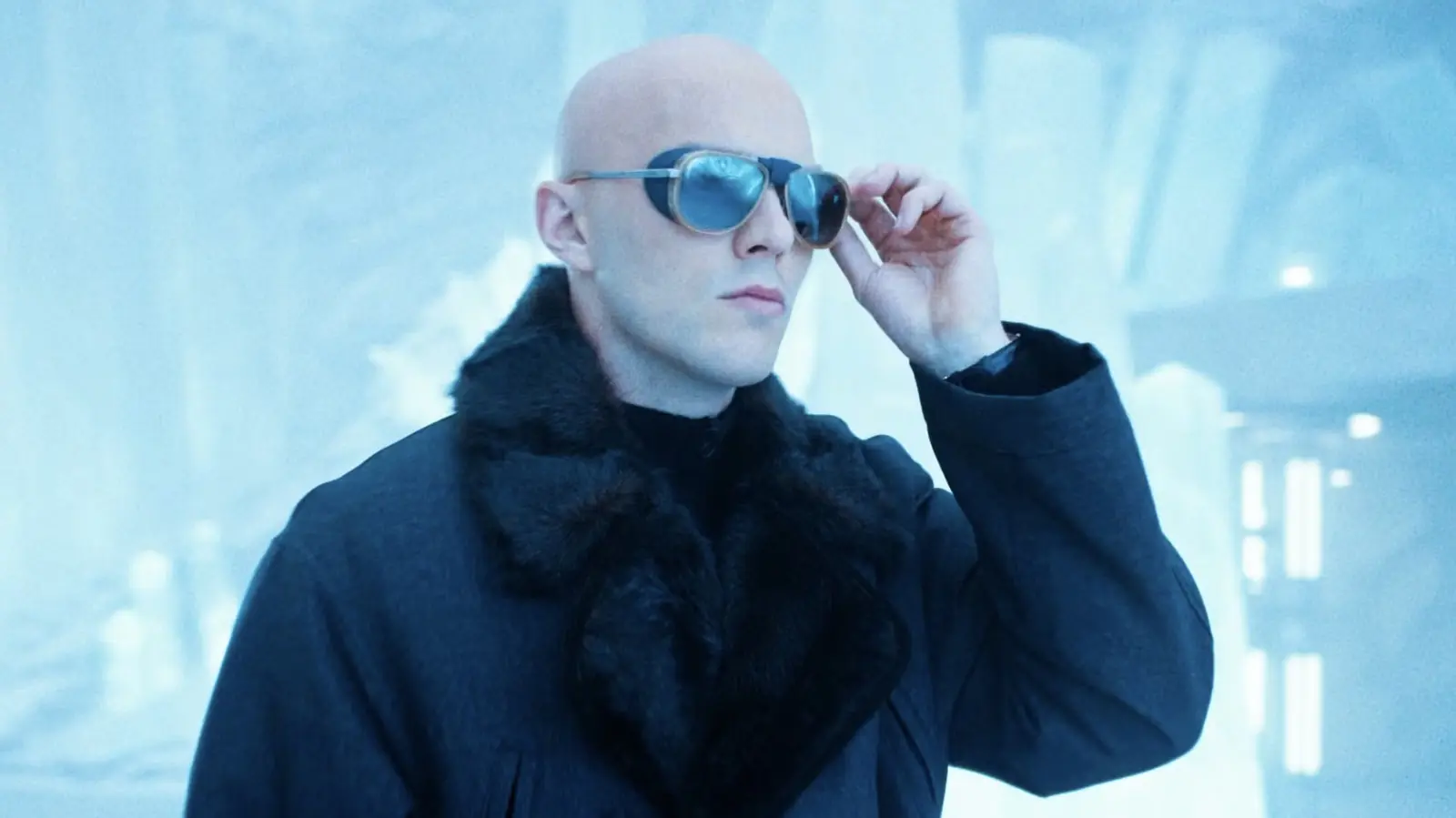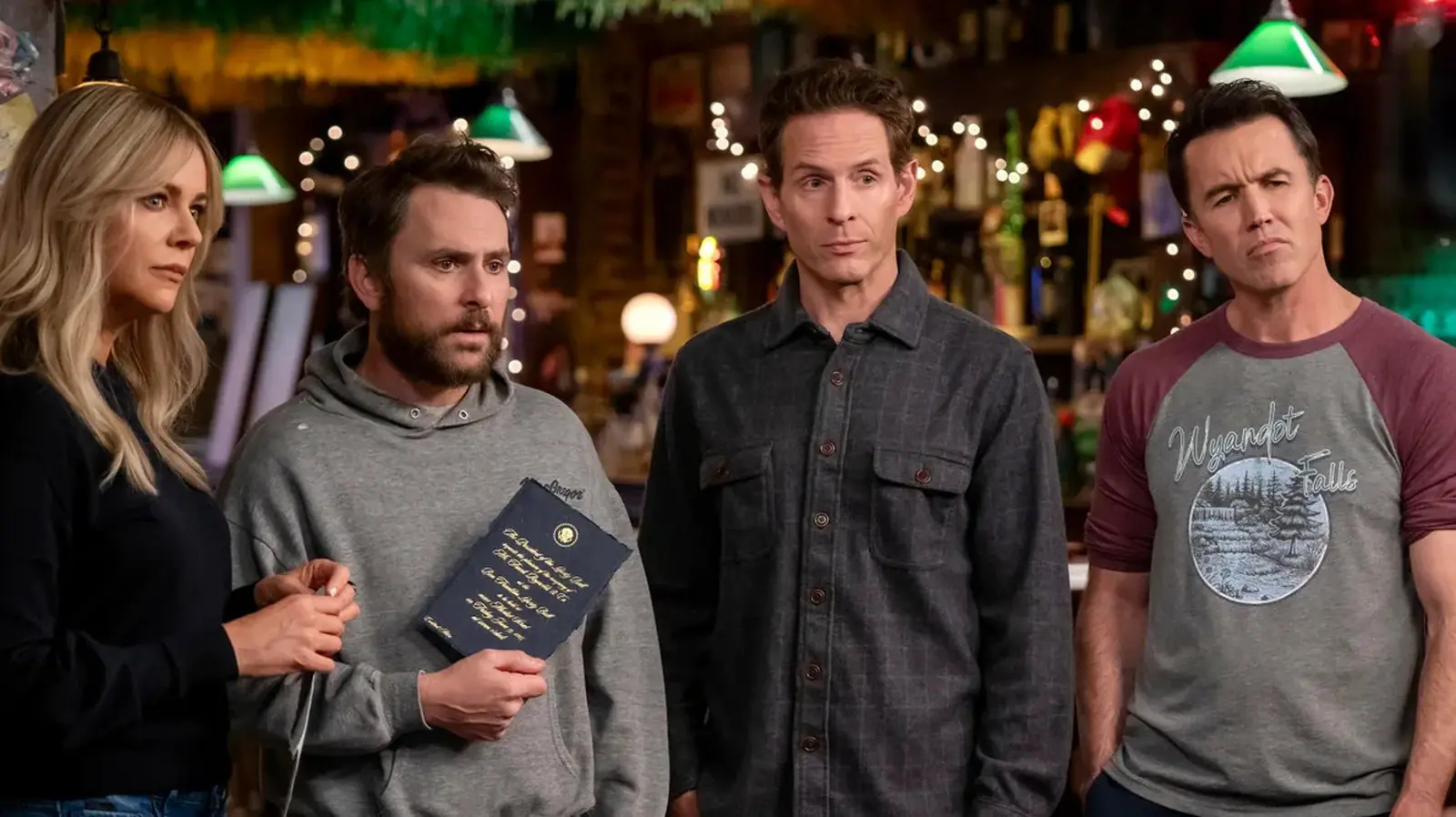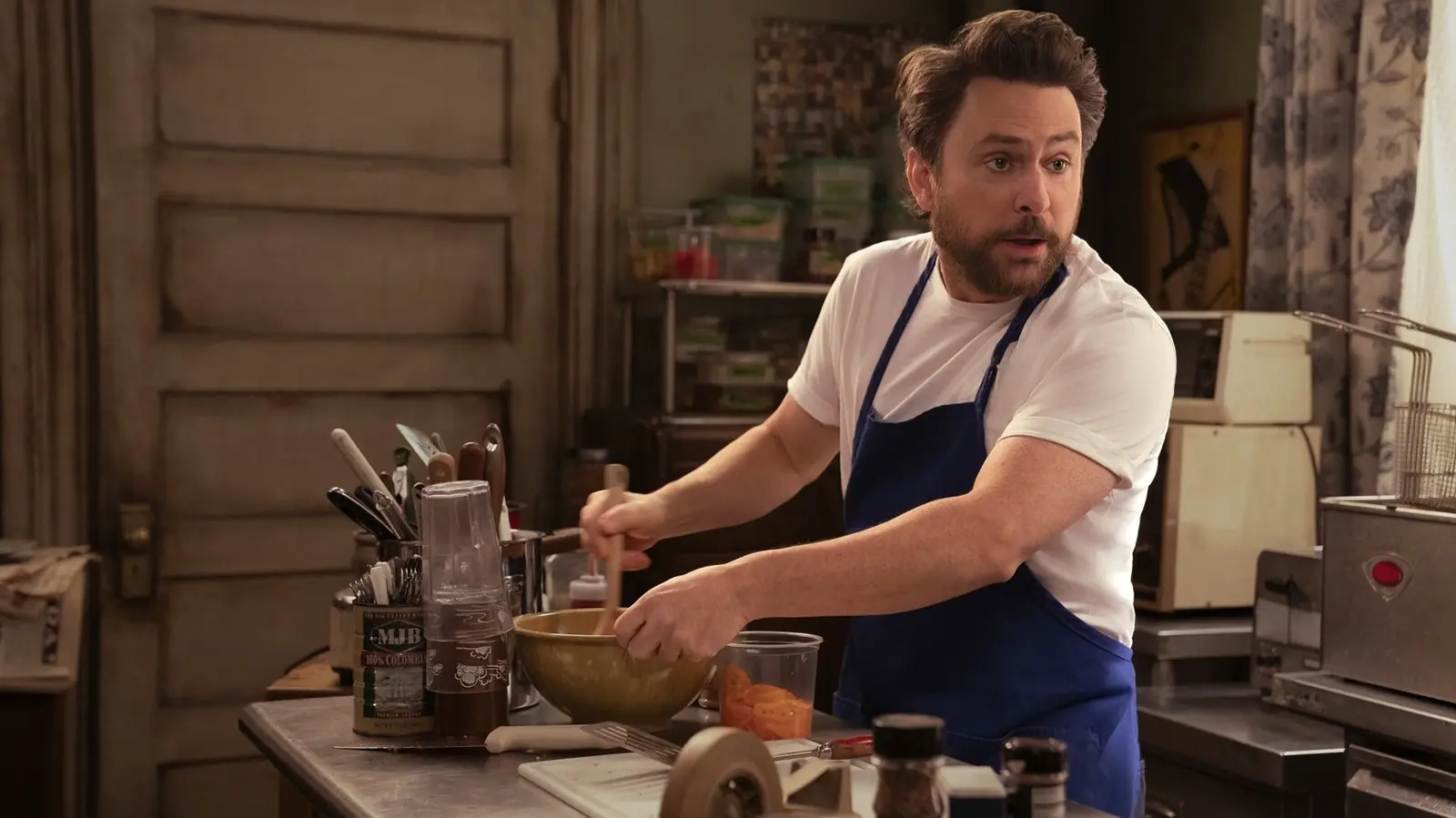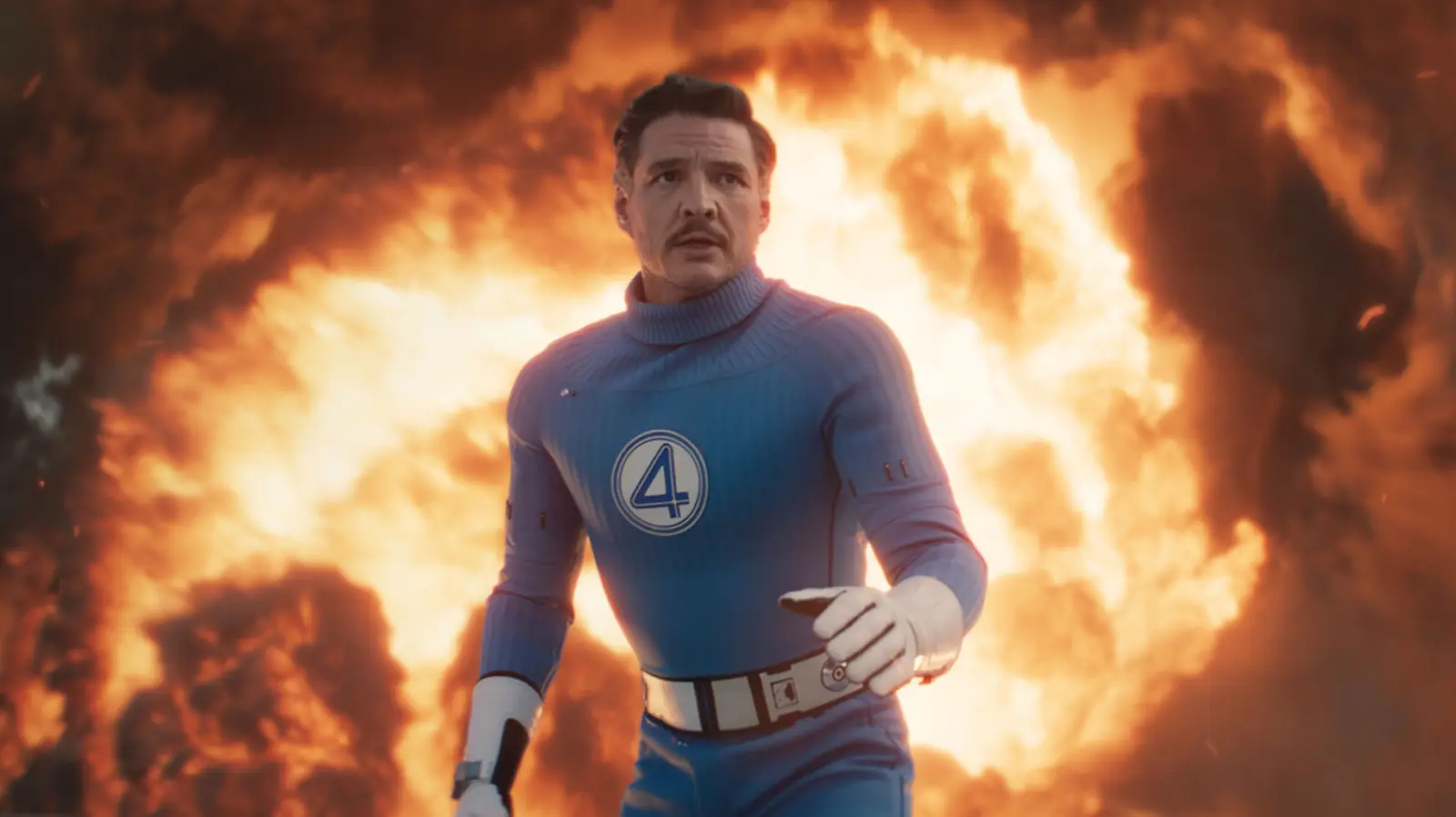In the splendor and spectacle of 2023’s major blockbuster films, “Superman” and “Sinners,” few have noted an intriguing parallel that binds the main antagonists of these cinematic juggernauts together. The actors portraying the primary villains in both of these films share an unexpected yet significant connection that many fans and critics may have overlooked: a background in television series that defined their early careers.
The art of crafting an unforgettable villain is a nuanced task, requiring a delicate balance of charisma, menace, and depth. Both “Superman” and “Sinners” have proven successful in this area, and much of this success is attributed to the standout performances of their respective antagonists. Yet, delving deeper into their histories reveals a shared stepping stone that has shaped their paths to stardom: their roots in notable television series.
Firstly, let’s explore the rich tapestry of “Superman.” The movie, heralded for its fresh take on the classic superhero narrative, presents an antagonist who walks the fine line between villainy and relatability. This character is brought to life by an actor whose journey began on the small screen. Fans of the series “Infinite Skies” may recognize him as the complex anti-hero who, over several seasons, captivated audiences with a performance that was both layered and compelling. The actor’s tenure on “Infinite Skies” allowed him to hone his craft, mastering the art of embodying a character whose choices lay in the grey morality zone—an essential trait he skillfully transfers to his role in “Superman.”
On the other hand, “Sinners,” a movie steeped in moral complexities and dark themes, delivers its villain through another fine actor who also got his start on television. His early performance in the critically acclaimed show “Echoes of Justice” showcased a flair for the dramatic and a deep understanding of character development. In “Echoes of Justice,” he portrayed a character driven by vengeance and internal conflict, a role that prepared him for the challenge of leading as the antagonist in a feature film. Audiences are now treated to a performance that echoes the same intensity and emotional gravitas, revitalizing the archetype of a villain whose motives are just on the cusp of justification.
While on the surface, these films differ vastly in genre and narrative tone, the commonality shared by these actors underlines a broader trend in the entertainment industry: television as a significant incubator of talent for Hollywood’s greatest cinematic endeavors. More than ever, television provides a platform where actors can explore intricate roles that film might not afford them initially.
This phenomenon isn’t without precedent. Over the past couple of decades, the barrier between film and television has steadily diminished. The rise of high-quality TV productions has turned the format into a proving ground for actors, allowing them to experiment with complex characters and showcase their range over the extended format that TV series provide. It’s through these roles that they often catch the eye of casting directors for major film productions.
Why, then, do many fans overlook these connections? Part of the reason might be that, in a media landscape flooded with content, viewers tend to compartmentalize TV and film experiences. Rarely do they pause to consider the shared histories of actors they adore on the big screen with their long-form storytelling roots on television. Plus, the packaging of film always emphasizes its uniqueness and separation from the episodic nature of TV, often downplaying the backgrounds of the stars involved beyond their hit roles.
The cross-pollination between the two mediums speaks volumes about the versatility required by today’s actors and the potential career trajectories available to those looking to transfer successfully from TV to film. As TV series grow more prestigious, actors treat them as more than just stepping stones; they are fully-fledged, respectable platforms where one can establish a strong footing before transitioning to the potentially more lucrative realm of cinema.
Interestingly, this trajectory mirrors that of directors and writers as well, with many having found their niche in television before venturing into film. This shared trajectory suggests a broader, symbiotic relationship between the mediums, where crossover talent is increasingly recognized and celebrated.
Looking ahead, with a greater appreciation of both platforms, audiences now have greater opportunities to discover and enjoy nuanced, emotionally resonant performances previously confined to television. And as studios and filmmakers recognize this rapport, it won’t be surprising to see more film projects that provide nods to or expand on rich TV backgrounds.
In conclusion, the revelation of the TV series background of the main villains in “Superman” and “Sinners” brings to light an often underappreciated aspect of Hollywood; one where television serves as a crucial formative influence. Both films are anchored by performances that fuse the lessons and experiences garnered from television with the broad spectacle of cinema, crafting antagonists that are not just evil but profoundly human. As fans immerse themselves in these fictional worlds, these performances remind them that great villains and riveting narratives can trace their origins to humble beginnings on the smaller screen.






